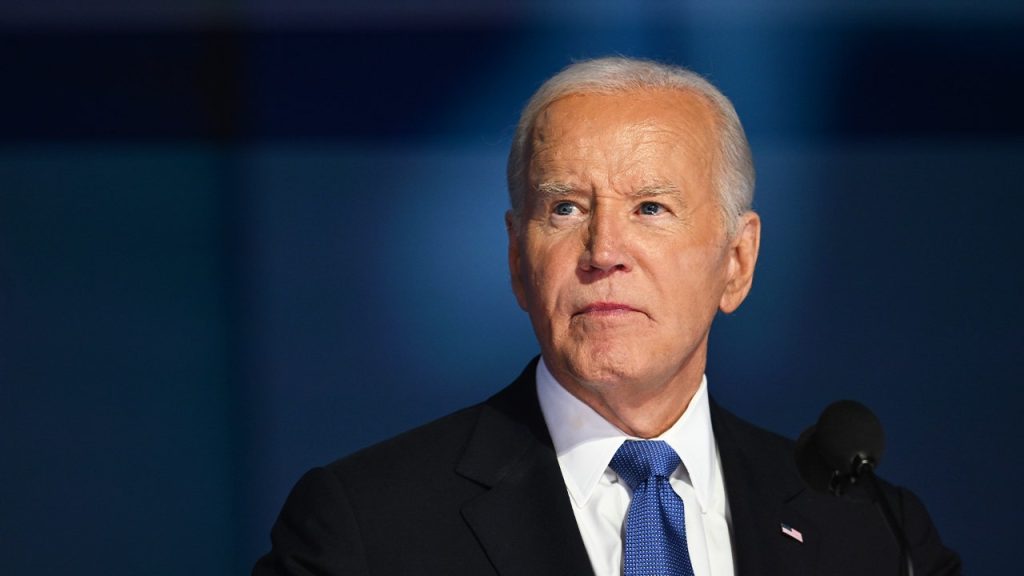President Biden’s commutation of 37 federal death row sentences has ignited a contentious debate, with supporters lauding the decision as a step towards justice and opponents questioning the rationale and potential consequences. The commutations, which convert the death sentences to life imprisonment without parole, reflect Biden’s stated belief that the death penalty should be abolished at the federal level, except in cases involving terrorism or hate-motivated mass murder. This action effectively prevents future administrations from carrying out executions under sentences that wouldn’t be imposed under current policy and practice. However, the selective nature of the commutations, sparing three high-profile inmates convicted of heinous crimes, has fueled criticism and raised questions about the criteria employed in the decision-making process.
The three inmates excluded from the commutations are Robert Bowers, the perpetrator of the 2018 Tree of Life Synagogue shooting; Dylann Roof, the white supremacist responsible for the 2015 Charleston church massacre; and Dzhokhar Tsarnaev, one of the perpetrators of the 2013 Boston Marathon bombing. This distinction has drawn criticism from some, who argue that if Biden considers the death penalty fundamentally wrong, his decision to retain it for these three individuals appears inconsistent. The lack of clear justification for the selective commutations has fueled speculation that political considerations might have played a role, catering to specific segments of Biden’s base.
Critics of the commutations emphasize the brutal nature of the crimes committed by some of the inmates whose sentences were commuted. Several victims’ families have expressed outrage, highlighting the lack of remorse shown by the perpetrators and the gruesome nature of their crimes. They argue that commuting these sentences to life imprisonment denies justice to the victims and their families. This sentiment is echoed by some legal experts, who argue that the death penalty serves as a deterrent and that its removal could embolden potential criminals.
Conversely, advocates of criminal justice reform have praised Biden’s decision as a significant step towards dismantling the death penalty. They argue that the death penalty is disproportionately applied to people of color and that it is a cruel and unusual punishment. They see Biden’s commutations as a recognition of these injustices and a move towards a more equitable criminal justice system. Furthermore, some legal experts argue that Biden’s decision strengthens the argument for the death penalty by highlighting its exceptional nature. By preserving the death penalty for the three excluded inmates, Biden implicitly acknowledges its appropriateness in certain extreme cases, thereby reinforcing its perceived legitimacy.
The debate surrounding Biden’s commutations also touches on the economic and legal ramifications of the death penalty. Studies suggest that the death penalty acts as a deterrent, potentially reducing the number of murders. Furthermore, the possibility of a death sentence can incentivize defendants to plead guilty, thereby avoiding costly and emotionally taxing trials. In the case of Dylann Roof, one of the inmates Biden chose not to commute, the initial interest in pleading guilty to avoid the death penalty underscores this point. The commutations raise questions about the balance between justice, deterrence, and the cost and emotional toll of capital punishment.
The 37 inmates whose sentences were commuted represent a diverse range of crimes, from carjackings and prison escapes to drug-related killings and murder-for-hire plots. Some were convicted of murdering witnesses, federal employees, or even children. Others participated in robberies resulting in fatalities, and one orchestrated the murders of twelve individuals. The sheer variety of offenses underscores the complexity of the issues surrounding the death penalty and the challenge of establishing consistent criteria for its application. This complexity is further highlighted by the broader context of Biden’s clemency record, which includes pardons and commutations for thousands of individuals, including his son, Hunter Biden, a decision that has drawn its own share of controversy. The commutations of the 37 death row inmates represent a significant chapter in the ongoing national conversation about criminal justice reform, the death penalty, and the pursuit of both justice and mercy.


